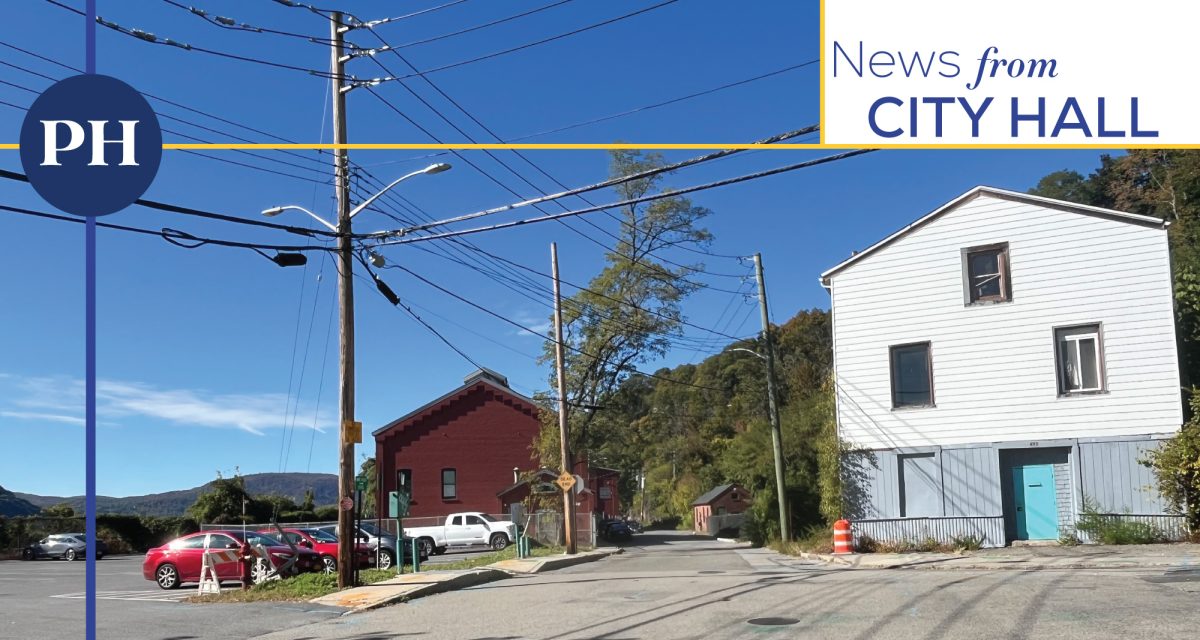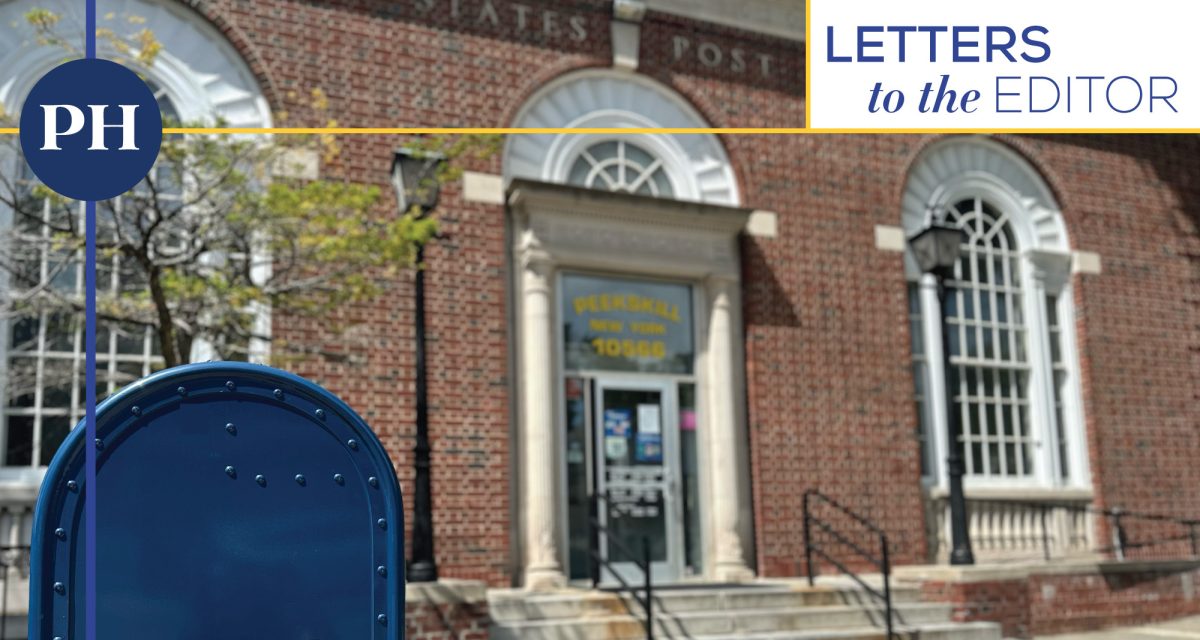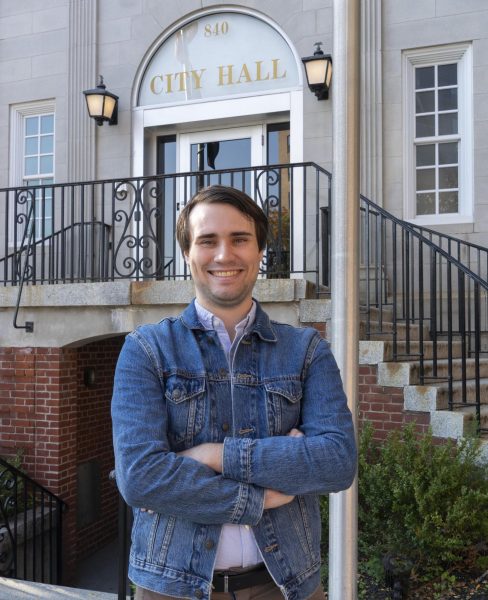As New York state considers new zoning distance rules for cannabis shops, the City of Peekskill is looking at how it could prevent more shops from taking root in the city.
It comes at a time when several residents have been sharing cannabis anxieties about their neighborhood, most recently at a Aug. 18 public hearing on a proposed cannabis microbusiness at Washington Street.
“Why bring that in Peekskill?” questioned resident Regina Brons. “Why, because we look like [somebody who’s] not going to say anything? And no matter what we complain, people are not going to listen? This is our investment. This is our lives.”
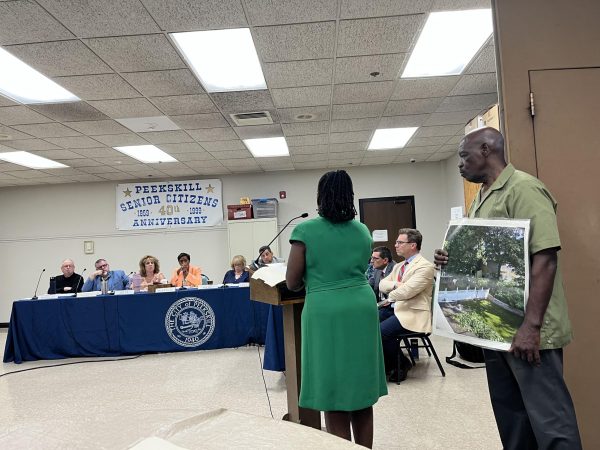
Deputy Mayor Patricia Riley explained that when the council voted to allow dispensaries in 2022, she along with then councilwoman and present Mayor Vivian McKenzie were the only ones on the council to vote no. This, she said, was because she did not believe the state had a good blueprint or roadmap.
“I was disturbed by the fact that New York state, at the time, didn’t have all their ducks in a row,” Riley said. “I felt [the rollout] wasn’t ready yet… The reason we voted no at that time is we knew this was going to happen.”
Riley was referring to concerns from residents about various aspects of the manufacturing and selling of cannabis that was legalized in 2021.
At Aug. 11’s Common Council work session, Director of Planning Carol Samol provided an update on Peekskill’s cannabis regulation aiming to allow dispensaries predominantly in commercial zones and minimize their presence in residential neighborhoods. The new proposed legislation would not affect the city’s cannabis microbusinesses which do not have retail.
Current cannabis regulations in the city prohibit cannabis dispensaries from opening within 1,000 feet of another dispensary, as well as the state-mandated minimum distance of 500 feet from a school or place of worship.
The state was on the receiving end of a tough lesson recently when it discovered that more than 100 licensed cannabis dispensaries were allowed to open too close to schools. The Office of Cannabis Management was measuring distance from the entrance of a potential dispensary to the entrance of a school, rather than the school’s property line.
While 10 businesses have been affected in the Hudson Valley, none of the cannabis businesses in the City of Peekskill were affected as a result of this discovery, Director of Planning Samol told the Peekskill Herald.
Gov. Kathy Hochul said she will be pushing the legislature to amend the state’s marijuana law to address the zoning issue. In addition, one state lawmaker recently introduced legislation that would make cannabis shops subject to the same distance rules that apply to liquor and wine stores, allowing dispensaries to open as close as 200 feet to schools and churches.
In addition, the Office of Cannabis Management has proposed amended regulations that would reduce the distance dispensaries can be within each other from 1,000 feet to 500 feet.
Samol told the council the timing of the proposed Peekskill cannabis regulation changes are important because of the proposed distancing requirement change on the part of the state.
Samol proposed limiting dispensaries to the light industrial (M) district, shopping center (limited) (C-1) district, and central commercial (C-2) district, and taking them out of the waterfront and general commercial (C-3) district.
“What we’re proposing to do with this is do what we can under zoning, using the power of zoning to shape the uses…,” Samol said. “And proposing to do it in a way we think will withstand challenge.”
The City of Peekskill currently has two open dispensaries and two unopened dispensaries that have been approved, all within the C-3 district. Those dispensaries could remain in the district as pre-existing special uses. There is also one approved micro business, and two in process, Samol said.
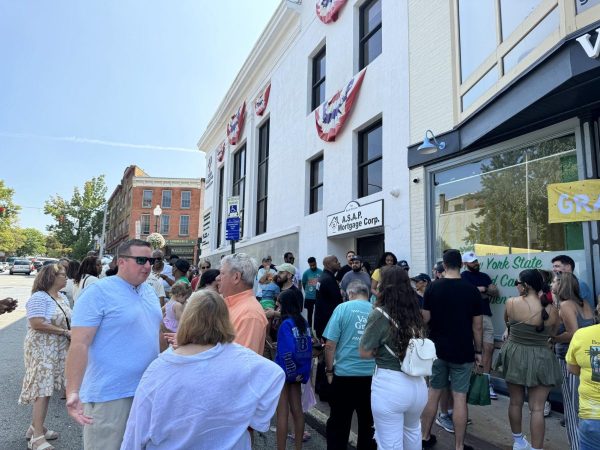
Several on the council have voiced their concerns about the number of cannabis dispensaries in the city which is anticipated to be five in 2026.
Grand Street Cannabis Co., the state-licensed cannabis microbusiness, who were the subject of a public hearing on their proposed business on Aug. 18, also had a public hearing at the Planning Commission on Aug. 12. That meeting saw seven residents speak against the project and one in favor.
One of the biggest concerns was odor, which Joseph McDonald, co-owner of the proposed microbusiness, said the company was spending upwards to $100,000 on a mitigation system that has not been used elsewhere in the state.
“It has to work or the [Office of Cannabis Management] will shut it down,” said co-owner Colin Beauchemin. He later added that failure to remediate such odor issues would lead to the permanent revocation of their license.
A subsequent public hearing on the proposed Washington Street microbusiness will be held at City Hall on Sept. 8 at 7 p.m.
Part of the grievances over the number of dispensaries is a result of the zoning laws the council created when the city voted to allow dispensaries in 2022. The Town of Cortlandt’s zoning code was specific enough that only one site met the requirements. While Peekskill uses the state-mandated minimum distance of 500 feet away from a park or school, Cortlandt increased the distance to 1,500 feet.
At the Aug. 11 meeting, Councilman Brian Fassett questioned the ratio of dispensaries to the city’s population. He pointed out that White Plains has 60,000 residents and five dispensaries meaning it has about 12,000 residents per dispensary.
“We’ve got about 26,000, so we’ve doubled that,” Fassett said. “We’ve got 5,000 residents per dispensary. If we open five, we are way oversaturating the market here. And so my concern is not only over saturation, but I’m also concerned for the businesses.”
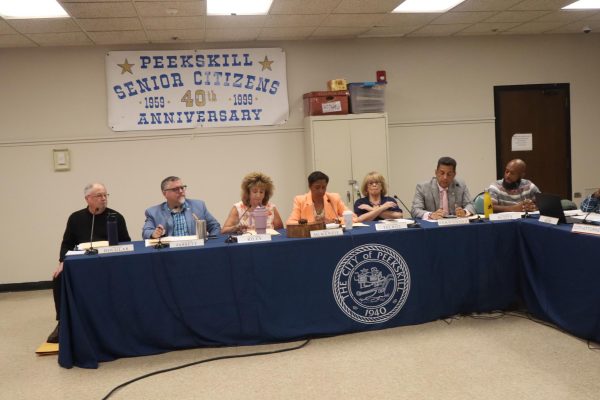
The City of Peekskill received $28,000 in sales tax from the two dispensaries open for business in the first quarter of this year. It projected $126,000 for this year in sales tax, short of the $555,000 the city estimated in its 2025 budget, in part because the city anticipated six dispensaries selling cannabis. Next year it anticipates collecting $170,000 with five dispensaries open.
Asked if there was a point where the city could say five is the limit, City Attorney Eric Gordon said on Aug. 11 the city could but warned it could be subject to a legal challenge. He said the zoning ordinances could not be unreasonably restrictive.
The city is also examining how dispensaries function within the zoning, proposing to adjust the parking ratio for consumption sites which Samol said is currently exceeding the city’s underlying retail parking requirements.
In addition, the city proposes that applicants already be in possession of their state license before presenting to the Planning Commission so the city is not in a position where it has dueling applications.
Samol told the council on Aug. 11 she would like to put the proposed regulations into text. Several members were receptive of the proposed regulations, including Mayor Vivian McKenzie.
“You laid this out very well,” McKenzie told Samol. “You’ve answered the questions and I think the council is ready to move forward to do that.”




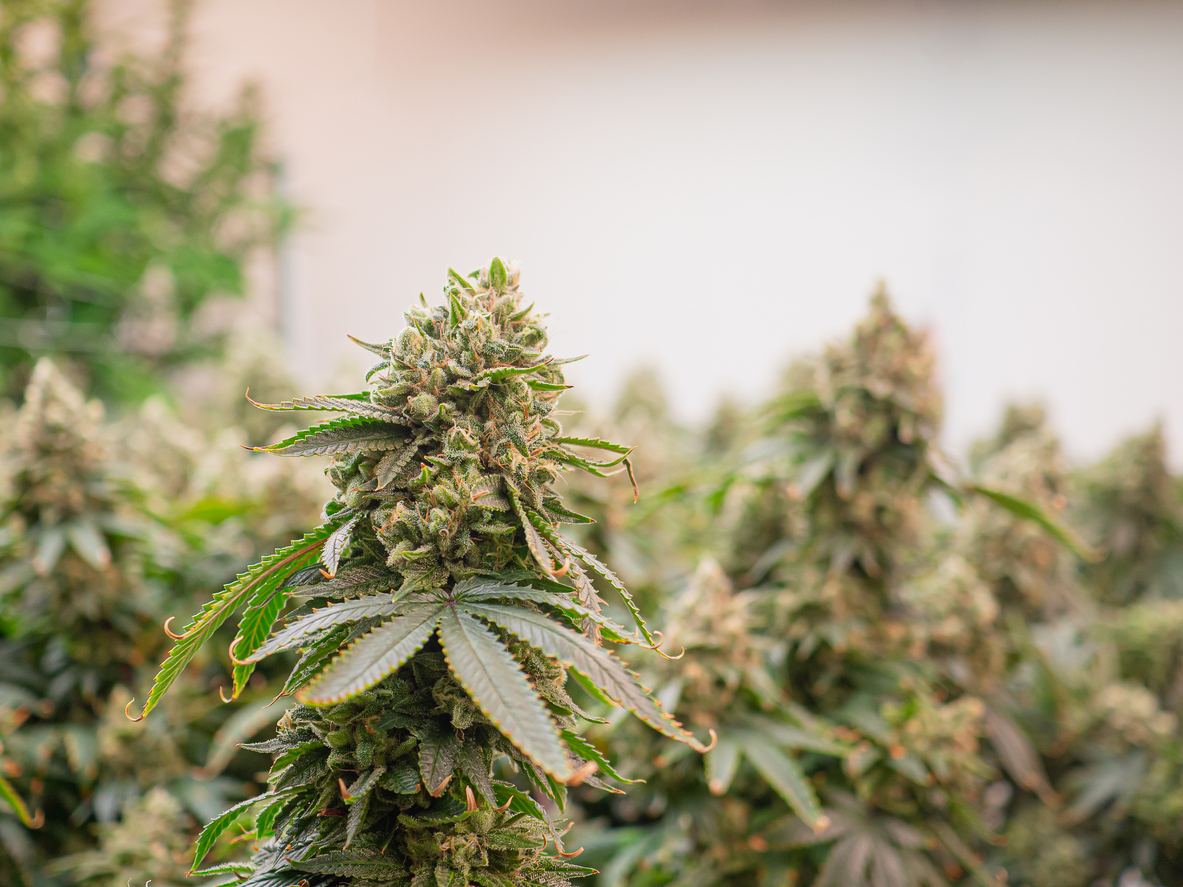




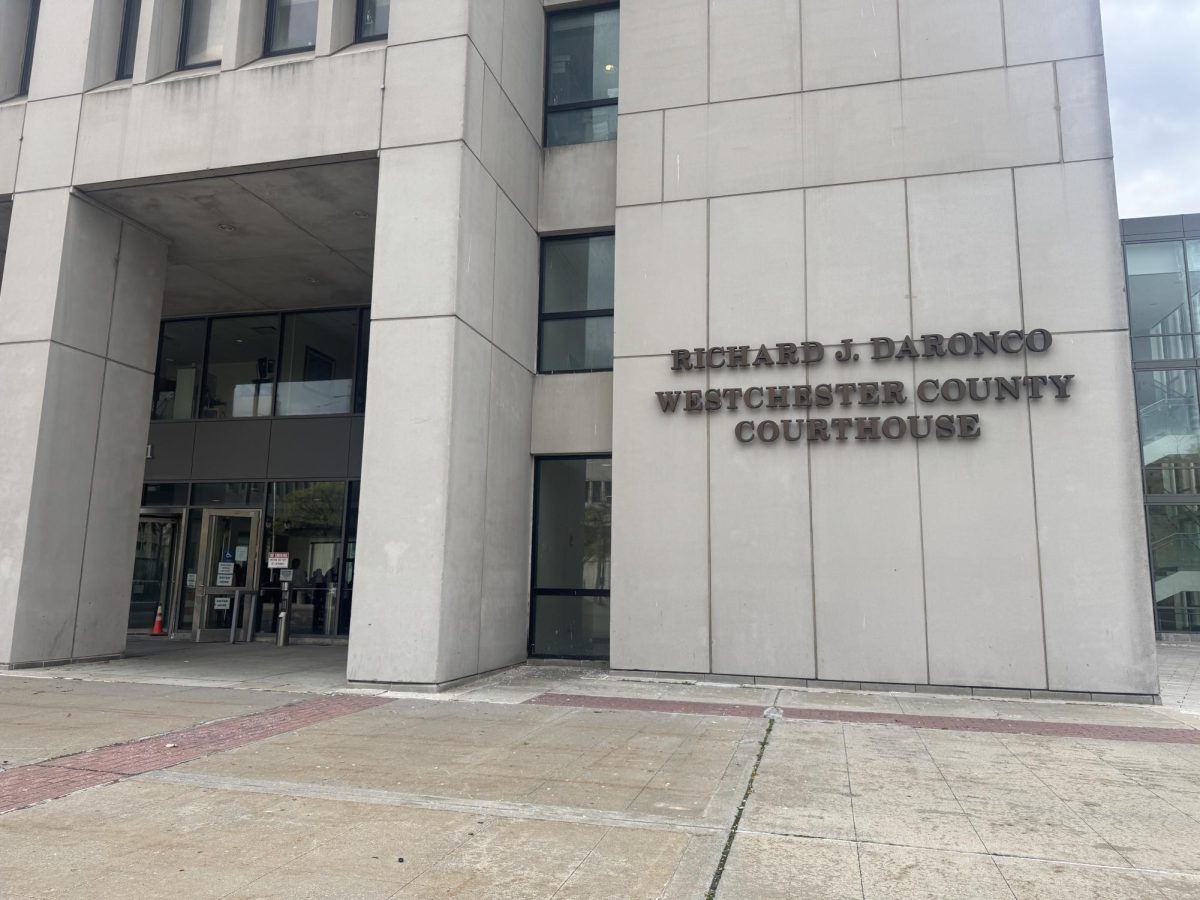





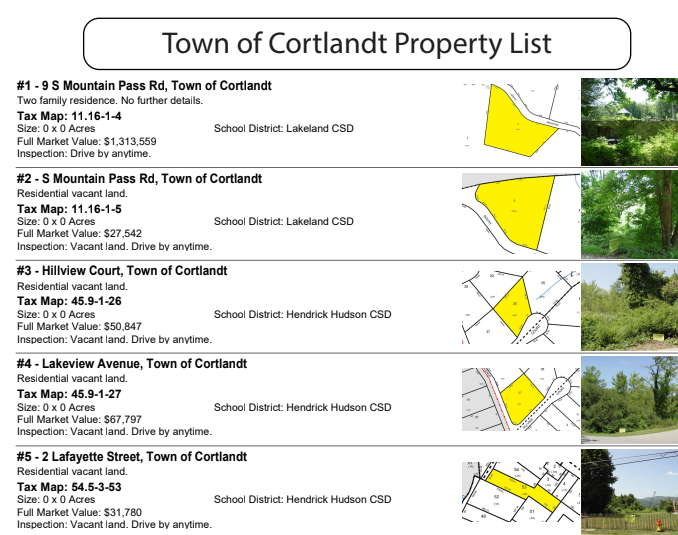
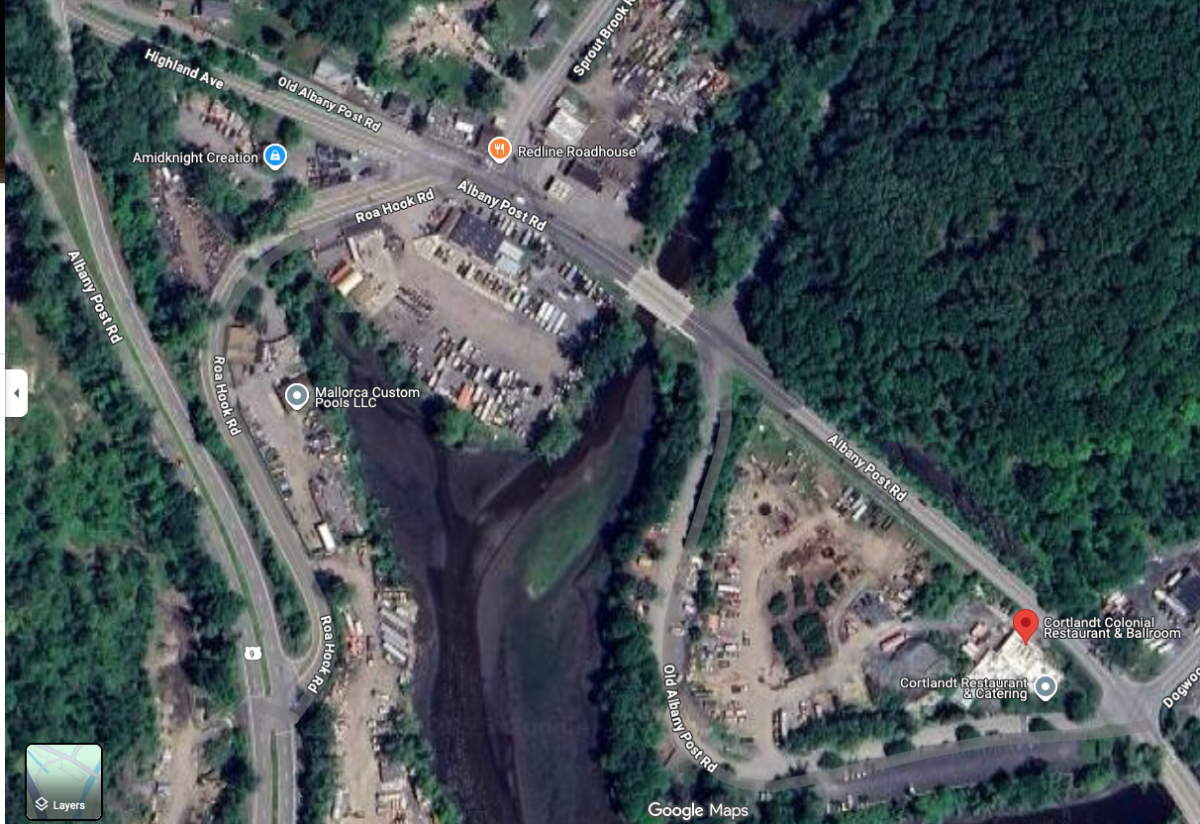
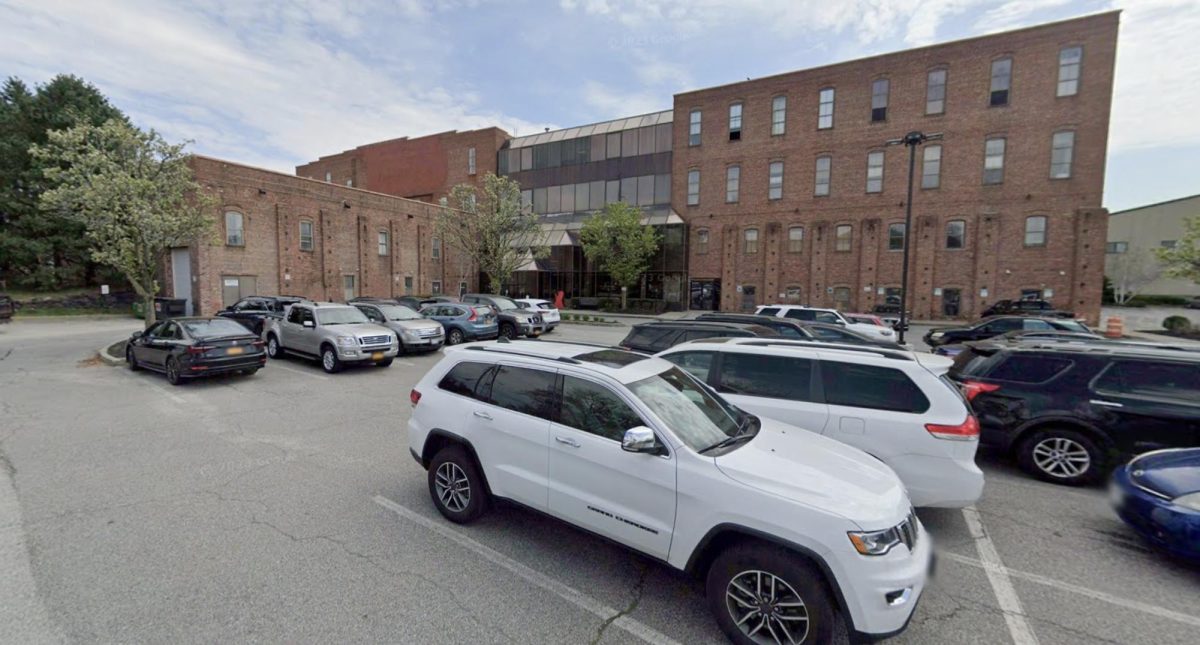
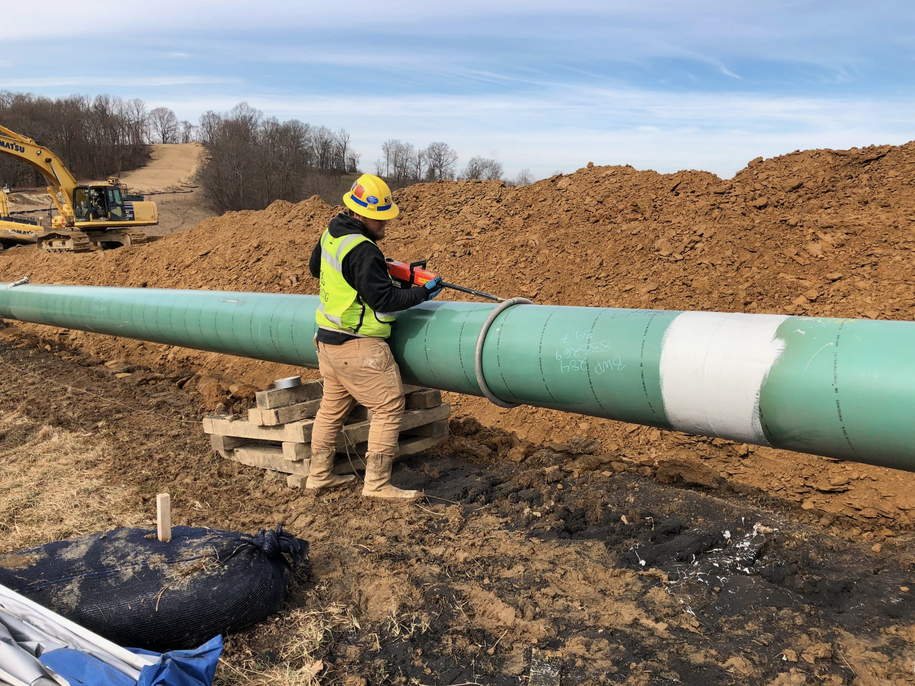
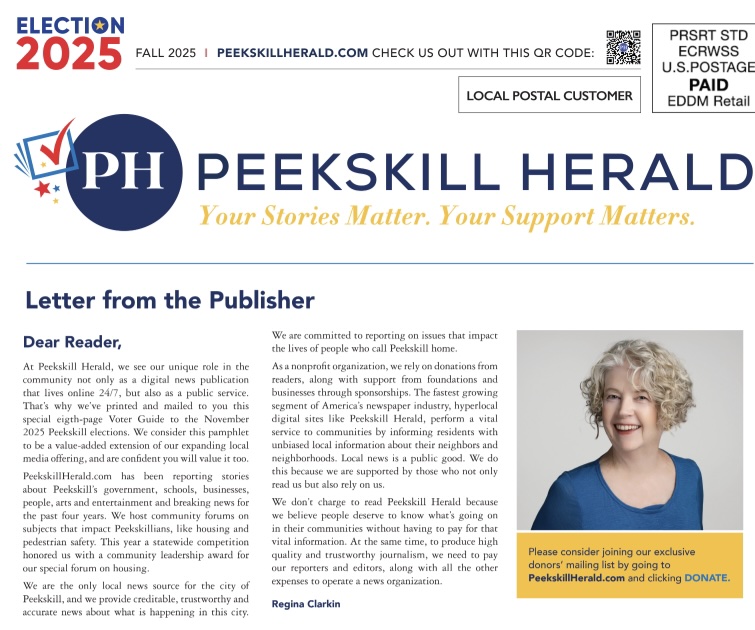
![Peekskill girls volleyball in action against Fox Lane on Oct. 16. (Peekskill City School District]](https://peekskillherald.com/wp-content/uploads/2025/10/Lead-photo-6-1200x640.jpg)
